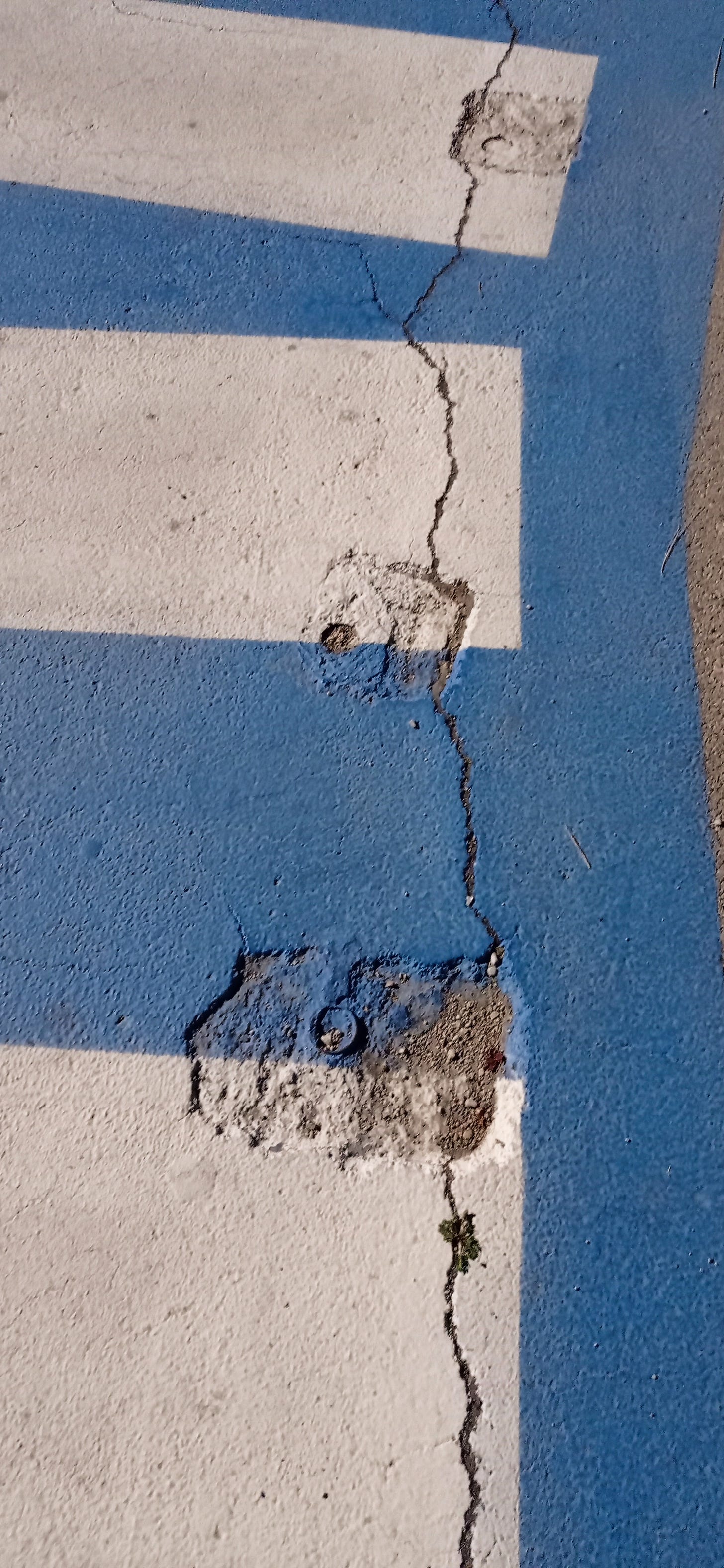I wasn’t born an enthusiastic reader. I remember I started understanding the beauty of reading only when I was 12 – both The old man and the sea by Hemingway and Martian Chronicles by Ray Bradbury colouring my imagination with endless possibilities made of words. It was something new to me, as I’d spent my entire childhood playing outdoor games, riding my bike, going to the beach or watching silly sit-coms on TV. I didn’t think about becoming a writer back then, but discovering the magic of these books somehow made me realise how the two activities of reading and writing might be connected, at least at a subconscious level.
Then, as a teenager, I fell in love with poetry, devouring everything I could. Edgar Allan Poe (I mean as a poet, not as a short story writer), Rimbaud and Coleridge, but also Dante and Shakespeare, became my favourite authors, and I started toying with the idea of writing poems of my own; though it sounded a bit preposterous, I enjoyed playing with words, because it was my own path to magic, creating something out of the invisible and making it real through poem lines, which sounded very much like spells if spoken out loud (at least, Poe’s and Coleridge’s did). Prose too started catching my attention, especially those books involving gorgeous style and unusual characters. My thirst for beautiful words grew day by day, Oscar Wilde and Virginia Woolf becoming some of my favourite authors.
The idea of being a writer seriously coalesced into specific projects at the age of 21, despite experimenting with words even earlier, when I was 16. I don’t think I realised how interconnected reading and writing might actually be back then: at first, the act of reading as a way to inspire my own creativity wasn’t deliberate, nor consciously chosen as a means to an end. Perhaps it never is: despite all the research beyond a single book project I decide to embark on, even today I still read for the pleasure of reading (luckily!), but I’m definitely more conscious of how the language I come across in a book may give me some insight into what I’m trying to say with my own writing – to me, it’s always a question of style and less a question of content, or should I say, style and content are one and the same?
So, yes, I believe writing and reading are connected: you cannot have the former without the latter, reading being the prerequisite for any serious form of writing. Of course we all want our stories to be original and to dazzle people’s imagination, but we should always bear in mind that everything we write is part of a continuum of written words handed down from one writer to the next, which means we are all part of that same ocean of words, wading our way through their mystery and meaning by endlessly reassembling and rearranging them, perhaps even defying or contradicting the philosophical ideas and views of the world they happen to convey, but what we finally create invariably stems from the same source feeding off its own body, an ouroboros of words.
Does this make writing a form of cannibalism? In a way it does, but it can also be seen as a form of recycling what is already there, reusing the past and what was given to us to honour its presence, instead of destroying it. Writing is an offering to other writers and a nourishment for readers, who may in turn become writers themselves. Cannibalistic as it may all sound, it represents both the obsessive and imaginative side of human nature, the dreadful and the uplifting. The horror and the sublime.



I completely agree with your thoughts on the critical nature for writers and poets of the connection between reading and writing. I am sure, as you write, much of the influence is unconscious but with experience and maturity the reader can appreciate language and the styles in which it is used.
I was encouraged from a very young age to love stories being read to me which spurred me on to be able to read on my own. I have fortunately never lost my love of reading and now have far too many books!!
Thanks for your thoughts.
This is how I have always felt. Since childhood, I wanted to be a writer because I was a reader - or maybe the other way round. The two are so interconnected that I could not separate them. Even in my academic writing when I discuss other people's fiction, I feel I am creating something new and different - not parasitizing on others' creativity but using it as an impetus for my own.